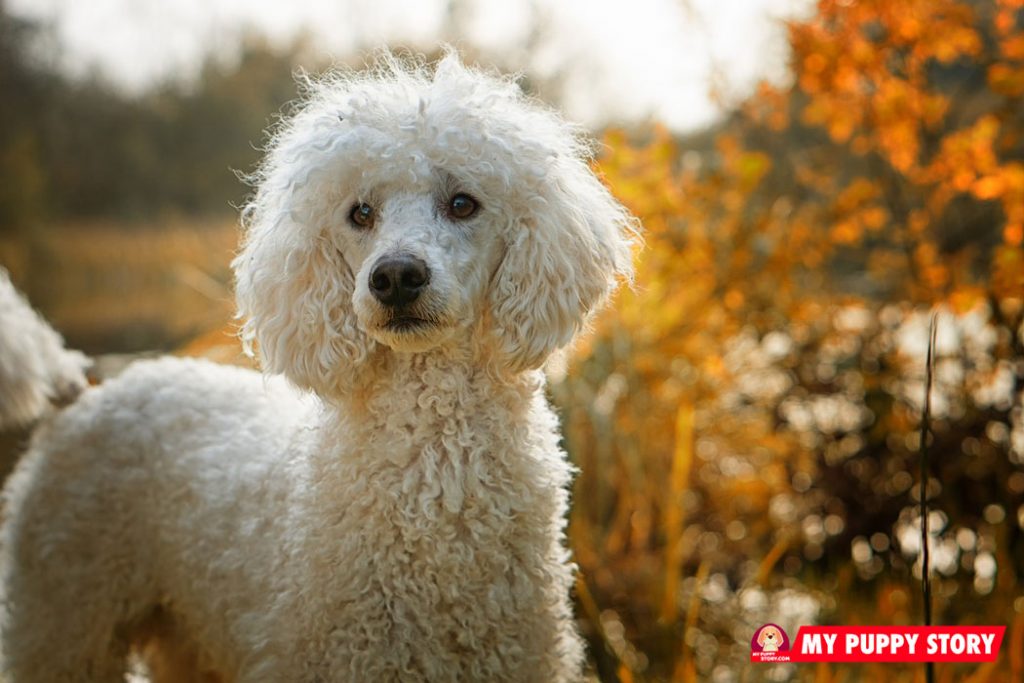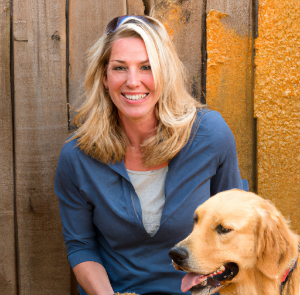
Although poodles are often stereotyped as persnickety, pampered pets, they are in fact, very affectionate, sweet dogs, who love to please their owners. Considered the second most intelligent dog breed, they are responsive and easy to train. Affectionate, energetic and entertaining, these dogs are the ninth most popular breed in the United States, according to American Kennel Club (AKC) statistics.
The AKC classifies poodles into three types, standard, miniature, and toy, based on their height (not weight). Standard poodles, the tallest of the three types, are 15 inches or higher. Miniature poodles measure between 10 and 15 inches, while toy poodles come up to 10 inches. The measurements are based on a dog’s height at the highest point of his or her shoulders.
Poodles were originally bred in Europe to be water retrievers. Although their history is not completely certain, it is believed that the standard poodle was the first to be bred and the smaller ones came later. Miniature poodles may have been developed as hunting dogs; toy poodles performed in circuses and were favorite companion pets of French royalty during the 18th century.
 Poodle Temperament
Poodle TemperamentStandard and miniature poodles make wonderful family pets. They like children, and are playful, protective, fun-loving dogs. Because of their small size, however, toy poodles need to be handled very gently. They are better suited to homes with older children or adult occupants only. All of the poodle types crave attention from their owners and therefore thrive in homes where they receive a lot of love and affection.
Because they are smart, responsive and eager to please, poodles are very trainable pets. They also can be sensitive, nervous dogs, particularly the miniature and toy varieties, and, as a result, tend to do better in non-stressful environments. Poodles can adapt to almost any size home as long as they remain mentally and physically active.
Poodles’ average life span is between 11 and 13 years. Like all dogs, they require regular veterinarian check-ups and shots in addition to heartworm and, often times, flea prevention medication. They also need their teeth cleaned annually by a veterinarian.
Because poodles are energetic, intelligent dogs, they need both physical and mental activity. Daily exercise is necessary, along with non-repetitive playtime activities, to prevent them from getting bored. Standard poodles especially are very active dogs and enjoy long, brisk walks, while the miniature and toy varieties require a more moderate level of daily physical activity.
Poodles have thick, curly hair that grows quickly. These dogs require daily brushing with a slicker brush in addition to washing and trimming every one to two months. Other grooming requirements include cleaning their ears and the area near their eyes, in addition to clipping their nails.
Local shelters and humane societies are great places to find a poodle. In addition, there are numerous poodle rescue organizations that have wonderful pets waiting to be adopted. Rescue and shelter dogs, while often requiring a little extra love and attention initially, tend to be very appreciative, loving pets. It also can be a very fulfilling experience to provide a good home for an abused or abandoned dog.
When purchasing a poodle from a breeder, it is a good idea to do extensive research about the breeder in advance. There are numerous poodle breeders from which to choose a pet. The time dedicated to locating a good breeder will be well worth the potential heartache and cost resulting from an unhealthy dog.
